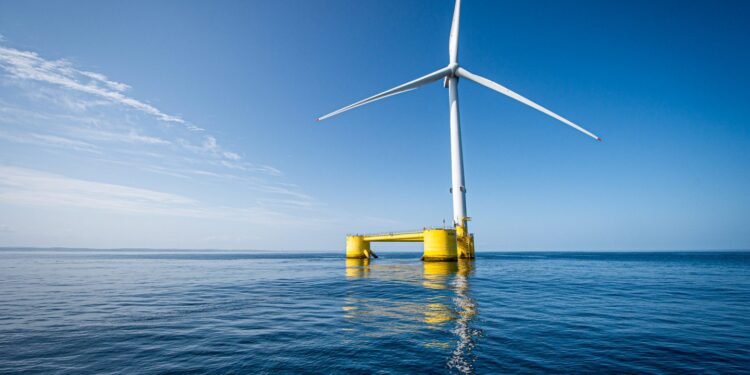A new study will determine the potential for shared floating platforms used by offshore wind and wave energy devices.
The tests will be carried out at the University of Edinburgh’s FloWave facility by Wave Energy Scotland (WES), a subsidiary of Highlands and Islands Enterprise (HIE).
The results of the study could determine the feasibility for offshore wind and wave energy projects to share infrastructure, lowering costs and improving efficiency.
According to research and engineering manager with WES Elva Bannon, there is opportunity for collaboration between floating wind and wave projects.
“We are taking the initiative to carry out research in the area by completing a testing campaign to progress the sector’s understanding of how these versatile platforms perform,” Ms Bannon said.
“We are excited to share further results of this project over the coming months”.
Potential for “significant” cost reductions
The tests follow a report commissioned by WES exploring the potential benefits of sharing infrastructure, services and supply chains between the two areas of renewable energy.
The report found potential for “significant cost reductions”, including close to 40% for wave energy converter developers.
Meanwhile, wind turbine generator developers could reduce costs by approximately 7%.
As part of the study, HIE said the testing facility conditions will replicate a west of Scotland offshore site recently released through the Scotwind programme.
The testing incorporates multiple identical wave energy absorbers mounted on a semi-submerged, triangular floating platform. The absorbers are based on the ‘Archimedes Waveswing’, a submerged wave power buoy developed by AWS Ocean Energy.
HIE said the outcomes of the test will “improve the understanding of the performance and physical interaction between multiple wave absorbers on a floating platform”.
Principle experimental officer at the University of Edinburgh FloWave facility Thomas Davey said the programme had develop robust testing campaigns with WES.
“It’s great to see a focus now on an ambitious new approach as they complete their own tank testing to inform the future development path of versatile platform designs,” Dr Davey said.
The new study shows the potential seen by wave energy leaders in Scotland as they continue to look to offshore wind developers as infrastructure partners.
Recommended for you











